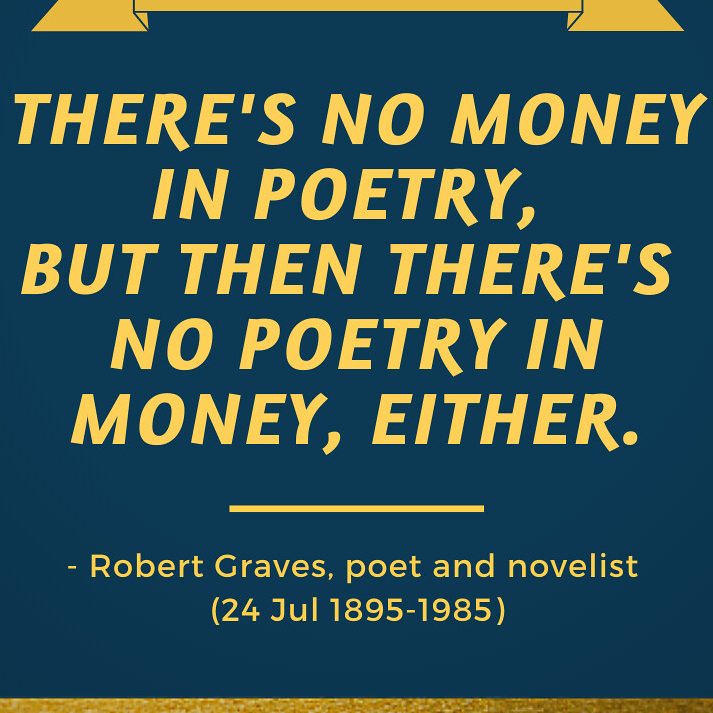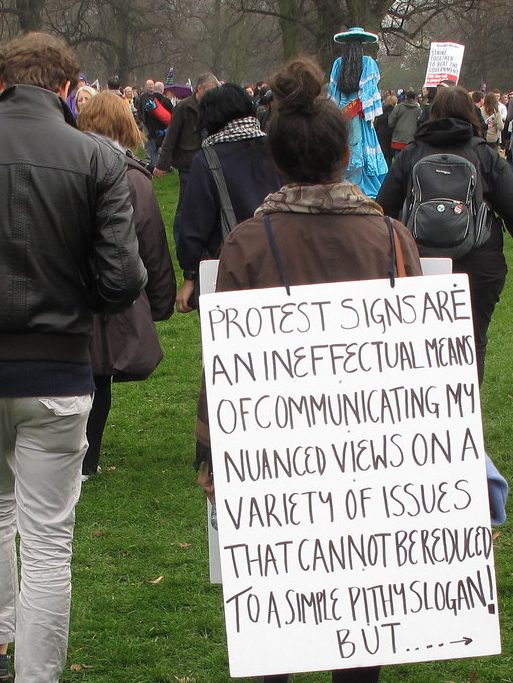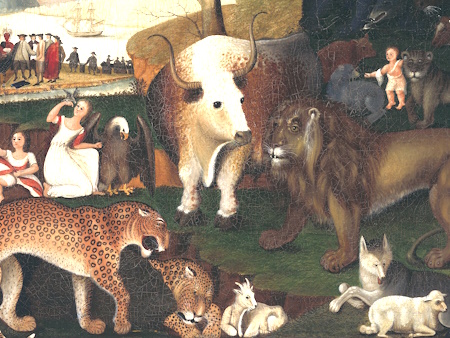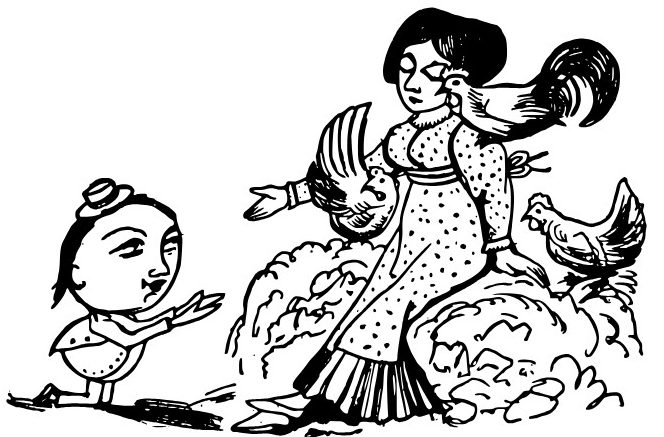
I dreamed I went to Heaven–
it wasn’t all that great.
The angel choir was tone deaf;
its harps were second rate.
St. Pete was glumly scrubbing
the bird shit off one gate.
I dreamed I went to Hell next–
it wasn’t all that grim.
I’d felt worse heat in Brooklyn,
worse torture at the gym;
Satan and his minions
were belting out a hymn.
I dreamed that neither visit
surprised me much–oh sure,
the Bible promised plenty
that wasn’t on my tour,
but what location ever
lives up to its brochure?
*****
From Walking in on People © Melissa Balmain, 2014. Used by permission of Able Muse Press.
Melissa Balmain writes: “This poem, first published in Light Quarterly (now Light), sparked one of my rare disagreements with LQ‘s founding editor, John Mella. He balked at the term “bird shit.” It might offend older readers, he said, and he asked for a substitute. This led to the following message, which is undoubtedly the sort of high-toned correspondence that poetry readers imagine happening behind the scenes:
Dear John,
Thanks for your latest note on “Notes from a Jaded Traveler.” I think we may have had a communication glitch—my preference is “bird doo,” not “doo-doo.” I agree with you that the latter does smack of the nursery. Plus, it doesn’t make the bird connection clear.
“Bird doo” is a fairly common expression—a Google search of the term yields more references than “bird poop.” But the main reason I prefer it to “bird poop” is that—at least among parents I know—“poop” is the nursery term for diaper contents.
So… if “bird shit” is out, I vote for “bird doo.”
All best,
Melissa
John went with “bird doo.” When ‘Notes from a Jaded Traveler’ ran in my first collection, I finally got to change it back.”
Melissa Balmain’s third poetry collection, Satan Talks to His Therapist, is available from Paul Dry Books (and from all the usual retail empires). Balmain is the editor-in-chief of Light, America’s longest-running journal of light verse, and has been a member of the University of Rochester’s English Department since 2010. She will teach a three-day workshop on comic poetry at the Poetry by the Sea conference in Madison, CT, in May 21-24, 2024.
Photo: “Life’s Trail” by quinn.anya is licensed under CC BY-SA 2.0.








